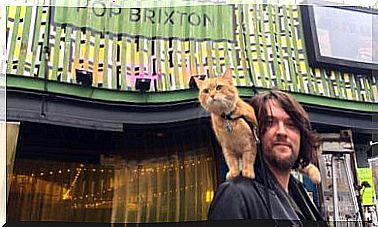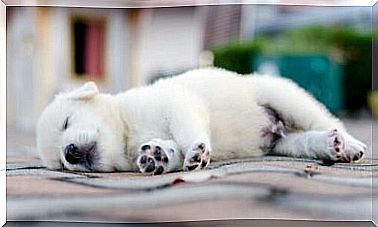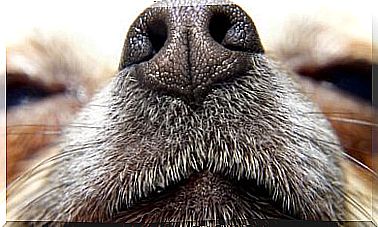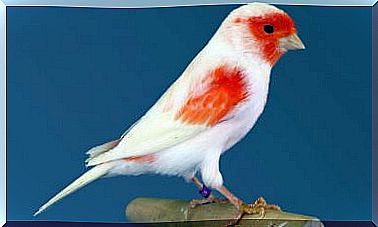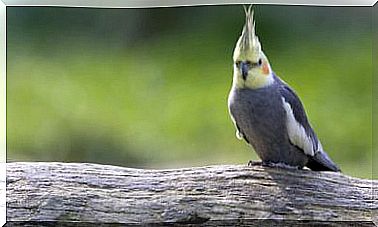Hunting Attitude In Cats
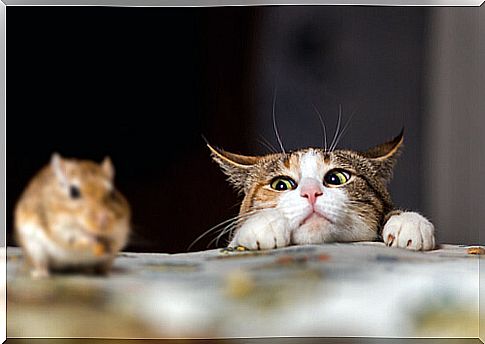
The hunting instinct in domestic cats can be a handicap for owners, especially if the presence of small prey in the home has become a common occurrence. Understanding such behavior and adopting some dissuasive measures can improve your coexistence.
Cat owners often show some qualms when their pet brings a live or dead animal into their mouth. However, before repressing it, it is important to know the origin of this behavior.
These animals, like other felines, are predators that for thousands of years based their survival on their hunting instinct. Later, humans took advantage of this ability to control pests, so that only those with greater hunting and reproductive success survived.
Today, in addition to the large number of stray cats, the domestic cat has become a common pet. However, both are descendants of good hunters and maintain this potential in their genes, regardless of the food they receive.
Hunting pattern in cats
When these animals are about to hunt, they usually follow an established sequence:
- Location of the dam. Being in the domestic environment this step is usually complicated, unless it is a terrace or garden. For this reason, it usually occurs during the escapes of the animal. Once the possible capture has been identified, the cat will carefully observe your movements.
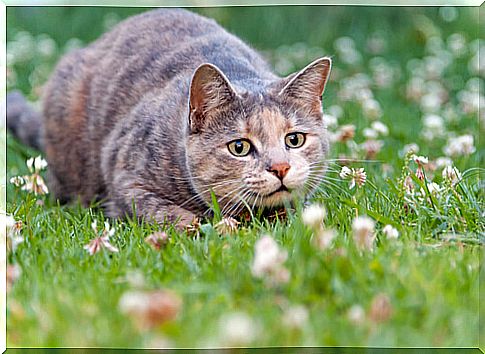
- Approach. Without looking away, the feline will gradually get closer to its prey. To do this, he will stay crouched, with his head stretched out and his pupils dilated, while walking as quietly as possible.
- Capture. When the cat is clear about the proper position to achieve the success of its capture, it will pounce on it. After jumping, he will stand up tight and start attacking.
- End of the dam. As mentioned above, hunting in cats is not linked to their feeling of satiety. This fact means that many times the capture is understood as a mere game, so that the hunted animal does not have to be killed. In the case of stray cats, the death of the prey is usually more common.
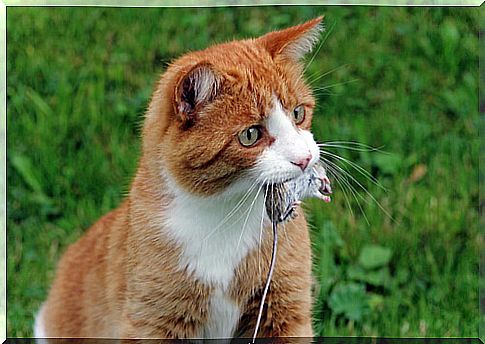
Reduce the hunting instinct
Although the hunting instinct in cats cannot be eliminated, there are a series of measures that can mitigate this behavior.
The most effective is based on preventing the feline from leaving the home, an option that many owners adopt for other reasons and it does not have to be harmful.
However, for those people who do not want to deprive their pet of this freedom there are other options:
- Add occasional raw foods, such as chicken or sardines. This option should always be consulted with the veterinarian, who has to check that there is good digestibility on the part of the animal. In addition, it must be done at specific times, so that the animal finds a different form of pleasure without becoming dependent.
- Increase gaming sessions. Most house cats hunt for entertainment, so the more distracted they are, the less they need to hunt. Also, spending more time with the cat will increase the bond between it and its owner.
Various studies have shown that rattle collars , as a deterrent, can stun the animal without being able to distract it from its prey.
All this shows that genetics, in this case, has more influence than the environment, although the latter may contribute to reducing this ancestral practice.

